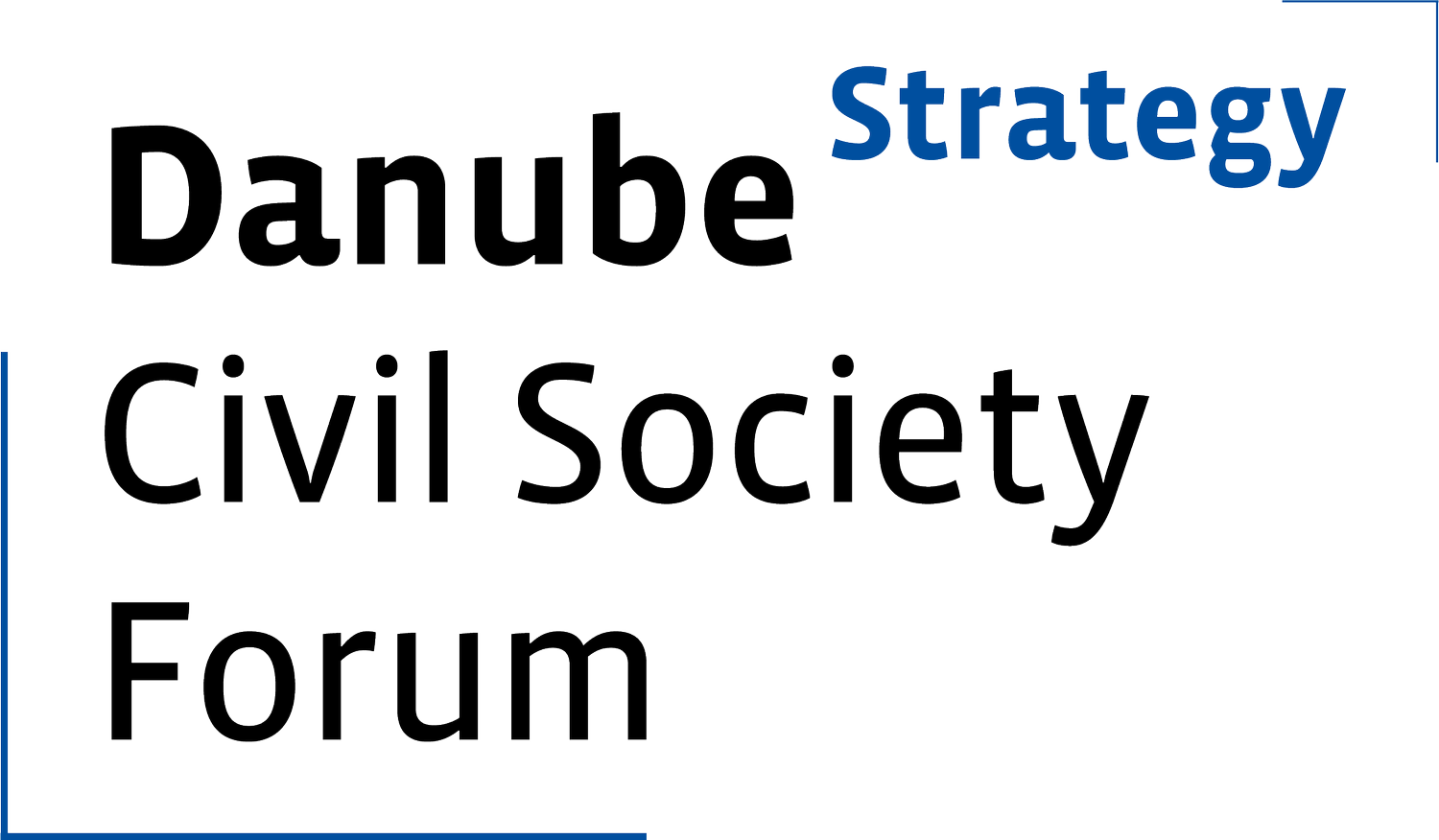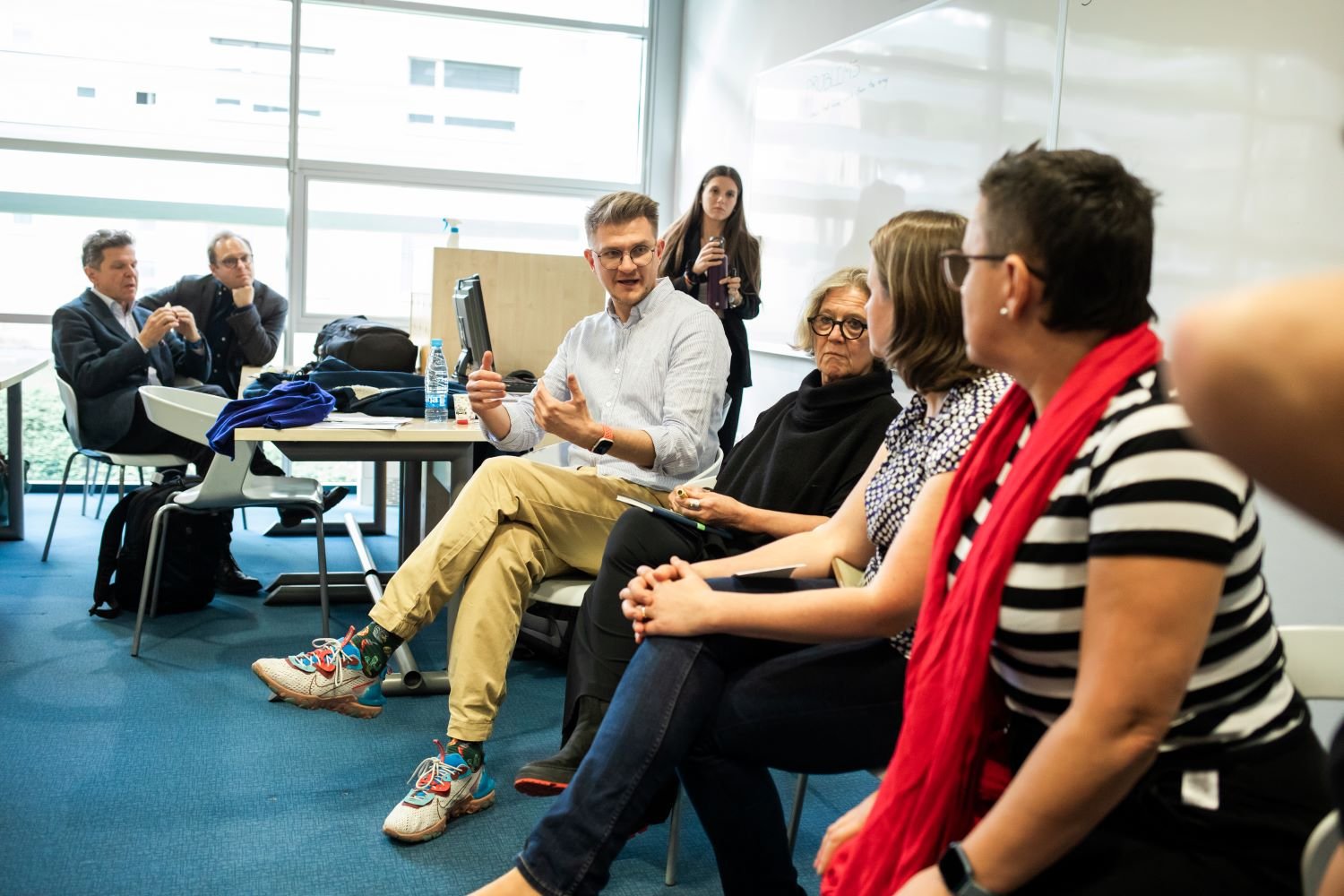Share your views with us!
During the 10th Danube Participation Day in Ljubljana on 23 October 2023 addressing “Ukraine’s recovery towards EU membership”, the participants identified multiple conflicting areas that shape the efforts for EU accession and – in the case of Ukraine – the country’s recovery.
In the preparatory meetings for the 11th Danube Participation Day, we want to take a closer look at those conflicting areas and look for potential solutions or lessons learned from the field of cooperation.
Hence, we would like to kindly invite civil society organisations and local/regional actors to join or preparatory meeting for the 11th Danube Participation Day to share their lessons learned on how to (not) shape development towards EU accession in candidate countries.
We plan to organise three meetings, each discussing one of the topics from the 10th Danube Participation Day:
Sustainable Development – Shaping Modern Environmental Development
Quick & dirty versus sustainable & resilient reconstruction
One of the main conflicting areas is the need for quick and inexpensive recovery and lack of capacities to co-create development that might lead to reverting into “old habits”, neglecting considerations of sustainability and resilience in recovery and development strategies, which in return might end up being more costly than anticipated.
Guiding Questions:
What initiatives of the Green Deal have helped/guided Ukraine to promote sustainability, resilience and ecology?
Which ´good practices´ helped Ukraine or Moldova towards environmental transformation in accordance to EU standards?
What are lessons learned from bad practices with regards to sustainable recovery/transition?
Local Democracies – A Vision for Boosting Good Governance
Unilateral vs. participative & transparent decision-making
Particularly in Ukraine, the presence of martial law challenges practices of deliberate democracies. But also, areas with relatively underdeveloped participative culture, unilateral decision-making might prevail. Nevertheless, not all policy areas area subject to martial law and offer an opportunity to cultivate transparent and participatory decision-making that can be expanded to further policy areas, when the time comes.
Guiding Questions:
Where are best practice (negative) examples for transparent, participative local and regional decision making? What made it happen? (What made it fail?)
What are good practices for enhancing transparency in public/administrative/political decision-making processes in UA and MD? What are the success factors? What are good practices from the Western Balkans that could be transferred to UA/MD?
How to re-enforce dialogue of state and non-state actors on local and regional level?
How can the EUSDR support/enable the dialogue between state and non-state actors?
Social Innovation – Strengthening a Socially Inclusive Future
Fragmentation vs. integration
One major conflicting area is social cohesion that – particularly in the case of Ukraine: Social recovery needs to address the reconciliation of people suffering from trauma, people, who return to the country, domestic migration etc. Likewise, Ukrainian refugees hold a great potential to work on the development and recovery towards EU accession. The solutions we find and measures we implement will decide whether societies are fragmented or integrated in Ukraine and beyond.
Guiding Questions:
What are good practices/bad practices of social cohesion/societal integration in UA or MD? What are the success factors/What are the lessons learned?
How to involve UA refugees in the EU/in Europe in cooperation/accession/recovery? What are pre-conditions for host countries?
How to empower UA refugees/migrants in EU to support UA transition, recovery, and EU accession?
How can macro-regional cooperation contribute to integration of communities/social cohesion?


